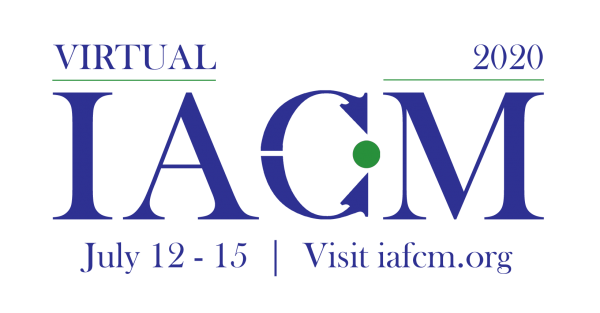IACM 2020 Abstract Book »
What a Relief? #MeToo Backlash and Humor’s Effects on Interpersonal Anxiety
Interpersonal anxiety (i.e., the fear of negative consequences from interacting with someone) may be more prominent in post-#MeToo organizations when interacting with someone of a different gender. Initial exchanges may particularly trigger this anxiety, obfuscating key organizational decisions such as hiring. Given humor’s positive, intrapersonal stress-reduction effects for individuals, however, we propose that humor also reduces interpersonal anxiety. In a pair of mixed methods experiments with hiring managers, we examined the effects of applicant and evaluator gender (i.e., same-/mixed-gender dyad), positive applicant humor (i.e., a pun), and context (i.e., sexual harassment/neutral frame) in job interviews for technology companies. Results showed that mixed-gender interactions elicited more interpersonal anxiety than same-gender interactions, particularly when sexual harassment concerns were salient; mixed-gender interactions also indirectly predicted a range of downstream attitudinal (e.g., social attraction and willingness to hire) and objective outcomes (e.g., selection and rejection) via interpersonal anxiety. Applicant humor reduced interpersonal anxiety and its consequences for female applicants, but the opposite was true for male applicants when sexual harassment concerns were salient. In sum, this research integrated diversity and humor theories to examine #MeToo backlash in same- and mixed-gender interactions, then tested humor as a strategy to relieve this interpersonal anxiety.
